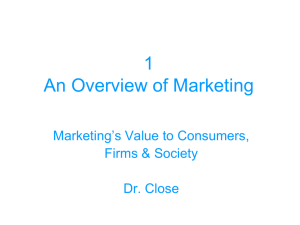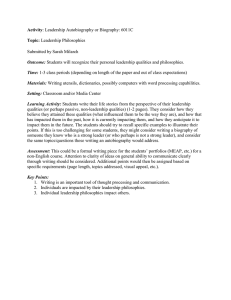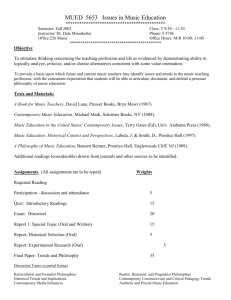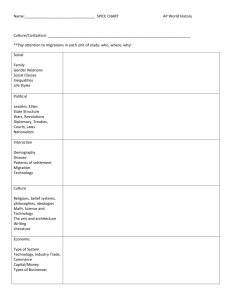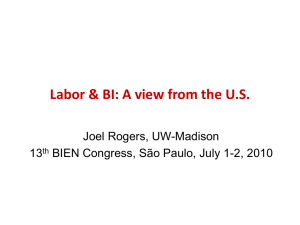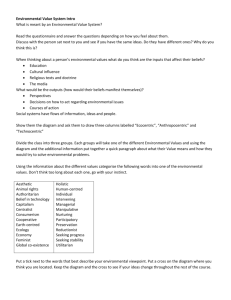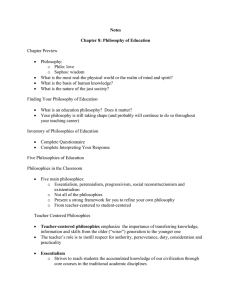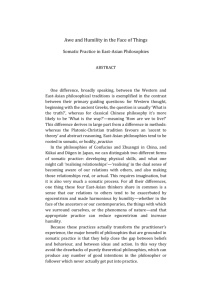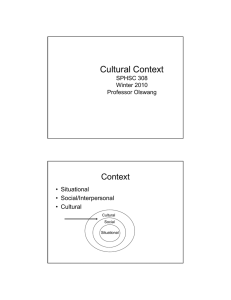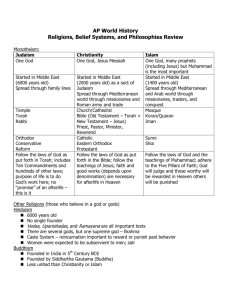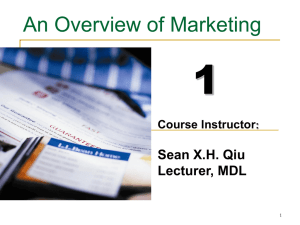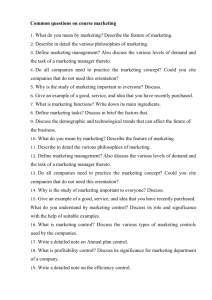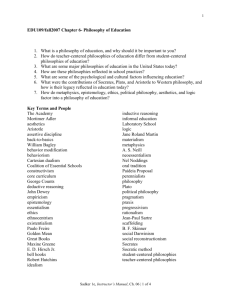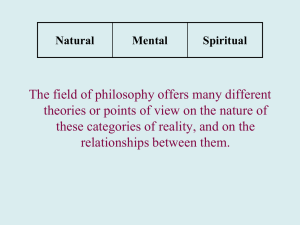Utkast til emnebeskrivelser - RIS
advertisement
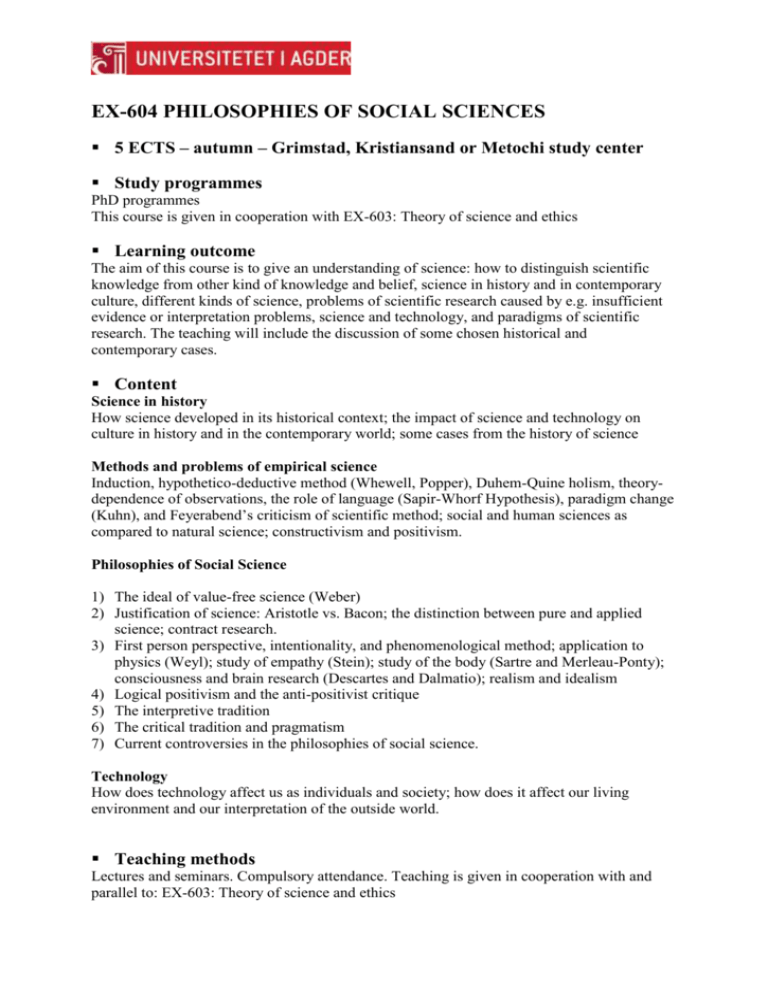
EX-604 PHILOSOPHIES OF SOCIAL SCIENCES 5 ECTS – autumn – Grimstad, Kristiansand or Metochi study center Study programmes PhD programmes This course is given in cooperation with EX-603: Theory of science and ethics Learning outcome The aim of this course is to give an understanding of science: how to distinguish scientific knowledge from other kind of knowledge and belief, science in history and in contemporary culture, different kinds of science, problems of scientific research caused by e.g. insufficient evidence or interpretation problems, science and technology, and paradigms of scientific research. The teaching will include the discussion of some chosen historical and contemporary cases. Content Science in history How science developed in its historical context; the impact of science and technology on culture in history and in the contemporary world; some cases from the history of science Methods and problems of empirical science Induction, hypothetico-deductive method (Whewell, Popper), Duhem-Quine holism, theorydependence of observations, the role of language (Sapir-Whorf Hypothesis), paradigm change (Kuhn), and Feyerabend’s criticism of scientific method; social and human sciences as compared to natural science; constructivism and positivism. Philosophies of Social Science 1) The ideal of value-free science (Weber) 2) Justification of science: Aristotle vs. Bacon; the distinction between pure and applied science; contract research. 3) First person perspective, intentionality, and phenomenological method; application to physics (Weyl); study of empathy (Stein); study of the body (Sartre and Merleau-Ponty); consciousness and brain research (Descartes and Dalmatio); realism and idealism 4) Logical positivism and the anti-positivist critique 5) The interpretive tradition 6) The critical tradition and pragmatism 7) Current controversies in the philosophies of social science. Technology How does technology affect us as individuals and society; how does it affect our living environment and our interpretation of the outside world. Teaching methods Lectures and seminars. Compulsory attendance. Teaching is given in cooperation with and parallel to: EX-603: Theory of science and ethics Assessment Individually written essay. Pass/Fail Language of instruction English Literature Delanty, Gerard and Piet Strydom. Philosophies of Social Science. Maidenhead, Philadelphia: Open University Press. Collins, Harry & Pinch,Trevor: The Golem at Large: What You Should Know About Technology Chalmers, Alan F.: What is this Thing called Science Selected articles on phenomenology and the history of science
